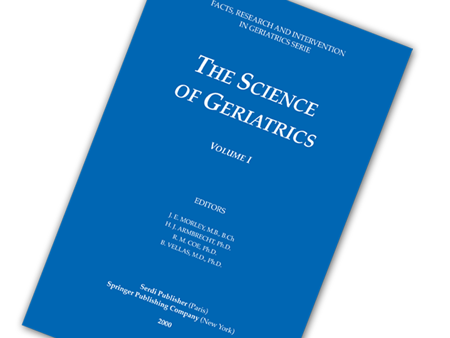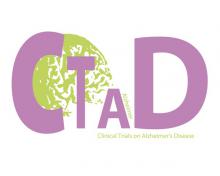Objective: Frailty and poor oral health are both common age-related conditions. However, the association between oral health and frailty has not been explored thoroughly among older Chinese adults. We aimed to investigate the associations between number of teeth, denture use, and frailty among older adults in western China. Design: Cross-sectional study. Setting: Community-based. Participants: Participants were 4037 community-dwelling individuals aged 60 and older from the West China Health and Aging Trend (WCHAT) study. Measurements: Frailty was assessed using the physical frailty phenotype (PFP) and categorized as nonfrail, prefrail and frail. In addition, number of teeth and denture use were examined by calibrated dentists. Multinomial logistic regression models were performed to examine the association between number of teeth, denture use, and frailty. Results: The overall prevalence of frailty was 6.7% among 4037 participants aged 60 and older in western China. Participants with no more than 20 teeth were associated with higher odds of being prefrail or frail whether wearing dentures or not. Denture using could not help lower the odds of being prefrail or frail for older adults with fewer teeth. Conclusions: This study suggested that frailty was associated with having fewer teeth (≤20 teeth) among older Chinese adults. Future research involving targeted interventions addressing number of teeth may help provide information to establish effective strategies for frailty prevention in older adults.
(1) Y. Zhang, M. Ge, W. Zhao, L. Hou , X. Xia , X. Liu, Z. Zuo, Y. Zhao, J. Yue, B. Dong J Nutr Health Aging. 2020;24 in press



